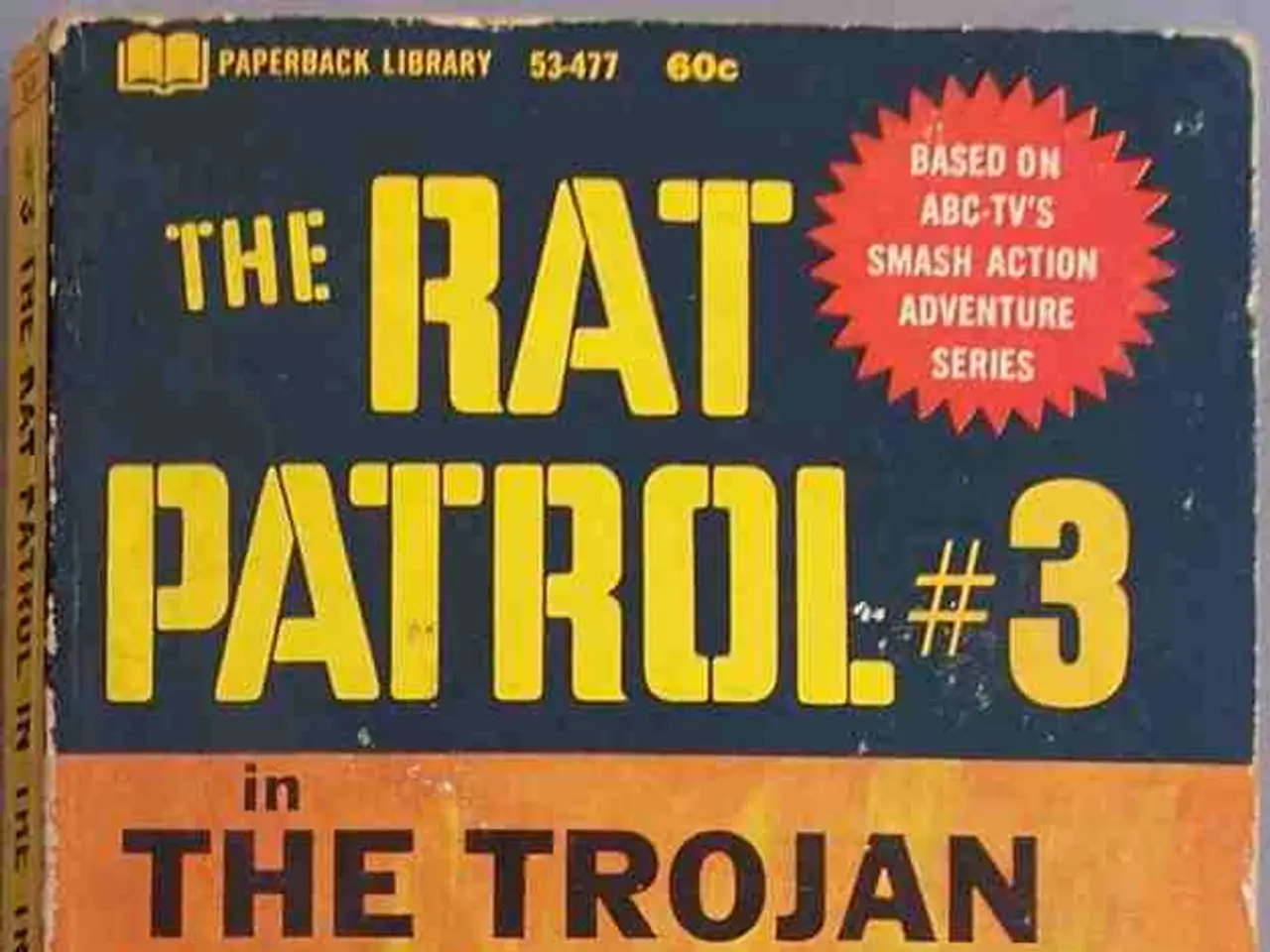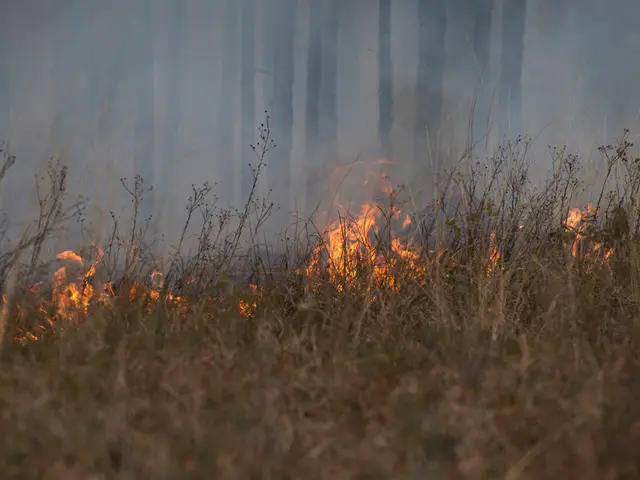M23 Militia Attacks Escalate Conflict in Eastern Democratic Republic of Congo
Army of Democratic Republic of Congo alleges M23 of multiple assaults, defying truce agreement
The M23 militia, primarily composed of Congolese Tutsi fighters, has been involved in a series of attacks against the Congolese army (FARDC) and pro-Congolese government forces in the eastern Democratic Republic of Congo (DRC). Despite Rwanda's denial of supporting the M23, first-hand accounts from the UN suggest that M23 fighters have received backing from members of the Rwanda Defence Force.
The recent offensive in South Kivu province, which has been marked by intense fighting since Friday around the town of Mulamba, has violated a preliminary peace agreement and ceasefire signed between the DRC and M23 in mid-July 2025 as part of Qatari-mediated peace talks. The U.S.-brokered peace deal between the DRC and Rwanda, which requires both countries to prevent non-state armed groups from engaging in fighting and not support hostile activities against each other, could be undermined by these violations.
The M23's attacks have resulted in civilian casualties and threatened the stability of the region. The UN has condemned these attacks and called for an immediate cessation of violence against civilians. The ongoing conflict complicates efforts to implement the peace agreements, as both parties continue to engage in military activities despite the ceasefire.
The M23 has accused the Congolese government of conducting "offensive military maneuvers aimed at full-scale war," while the Congolese government and the M23 signed a declaration of principles on July 19 in Qatar, which included a "permanent ceasefire" aimed at halting the conflict. However, recent clashes in Mulamba on Tuesday afternoon indicate that the ceasefire has not been upheld.
The eastern Democratic Republic of Congo, a region bordering Rwanda, has suffered extreme violence for over three decades due to non-state armed groups. A fresh surge of unrest broke out early this year when the M23 captured the key cities of Goma and Bukavu, setting up their own administrations. Dozens of ceasefires and truces have been brokered and broken in recent years without providing a lasting end to the conflict.
More than two million people have fled the violence in both North and South Kivu since the beginning of 2025, according to a late July report from the UN's Office for the Coordination of Humanitarian Affairs. The M23, which resumed fighting at the end of 2021, has seized swathes of land in the region with Rwanda's backing. A report from UN experts in July found that Rwanda's army played a "critical" role in the M23's conquest of Goma and Bukavu.
Rwanda has long maintained that it faces an existential threat from the FDLR, a militia founded in the Congolese east by ethnic Hutu leaders involved in the 1994 Rwandan genocide of Tutsis. A breakthrough by the M23 in the mountainous region would give the armed group control of many mining sites, most of them gold and run by Chinese businesses.
The UN human rights chief Volker Turk accused the M23 of having killed at least 319 civilians in July. Rwanda, however, on Monday branded the UN's accusations that its army had helped kill civilians "unacceptable."
The situation remains volatile, with both sides having rushed reinforcements to the territory on Sunday. The Congolese army has accused the M23 militia of multiple attacks on its positions in the east of the DRC. The M23 attacked positions held by pro-Congolese militia and army forces, pushing them back several kilometres.
The Congolese army spokesman, Sylvain Ekenge, has stated that the M23's attacks constitute an "intentional and manifest violation" of the peace deals. The M23 spokesman, Lawrence Kanyuka, has not provided a toll from the clashes.
The escalating war-and-conflicts in the eastern Democratic Republic of Congo, specifically the M23 militia's attacks against the Congolese army and pro-Congolese government forces, have become a major point of general-news discussion. These attacks, which have violated peace agreements and ceasefires, have resulted in civilian casualties, threatened the stability of the region, and complicated efforts to implement peace agreements. The conflict's ongoing nature is of grave concern to both local and international politics, with the U.S-brokered peace deal between the DRC and Rwanda potentially being undermined by these violations.





